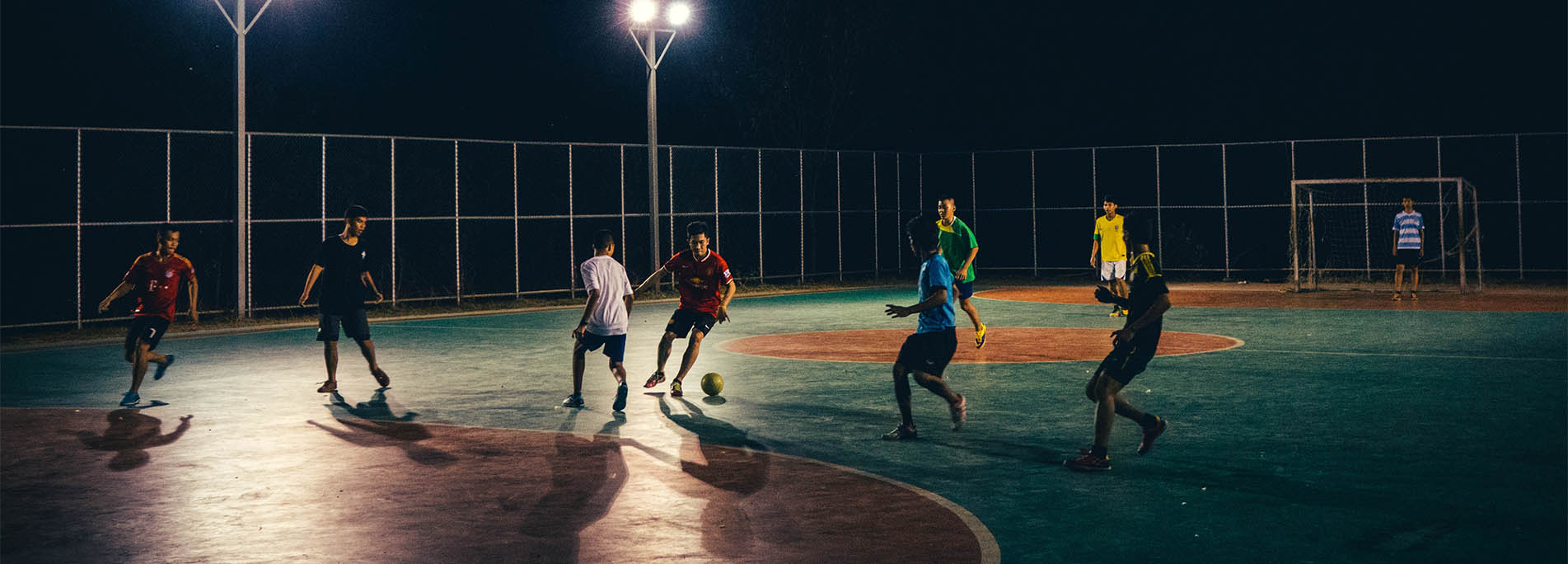SAFE’s methodology is to keep the ultimate beneficiaries and the end-users at the heart of the project. SAFE partnership embarked on creating and delivering major activities, such as the e-training modules, in consultation with the unaccompanied children as well as with professionals and foster carers. SAFE believes in the importance of involving the beneficiaries throughout the project to allow them to bring their unique knowledge, experiences and perspectives into the project. This way, SAFE will be able to address the actual training needs of everyone who is directly responsible to provide family-based care to unaccompanied children. SAFE also envisions to actively engaging young refugees’ as experts to share their experiences which is as essential contribution to shape the delivery of trainings to professionals and foster carers
SAFE’s second methodology is an online environment comprising a project website and learning platform is being set-up in order to facilitate an approachable, easy, flexible and convenient access to information and training modules by practitioners’ networks, foster carers, kinship and Dublin caretakers. SAFE online methodology can contribute towards creating an interactive community and a network to improve the current practices that are related to the issues of family-based care.
In addition to building skills and capacity of persons who work with unaccompanied children, SAFE’s third methodology is to create public awareness on the benefits of family-based care, enhance public perception, and influence legislations and policy makers to safeguard and promote welfare of the unaccompanied children through delivering quality family-based care. In the implementation framework of SAFE, the project partners will carry out a wide range of public awareness and advocacy activities in the UK, Greece, Denmark and Cyprus that are tailored to the country-specific circumstances.

